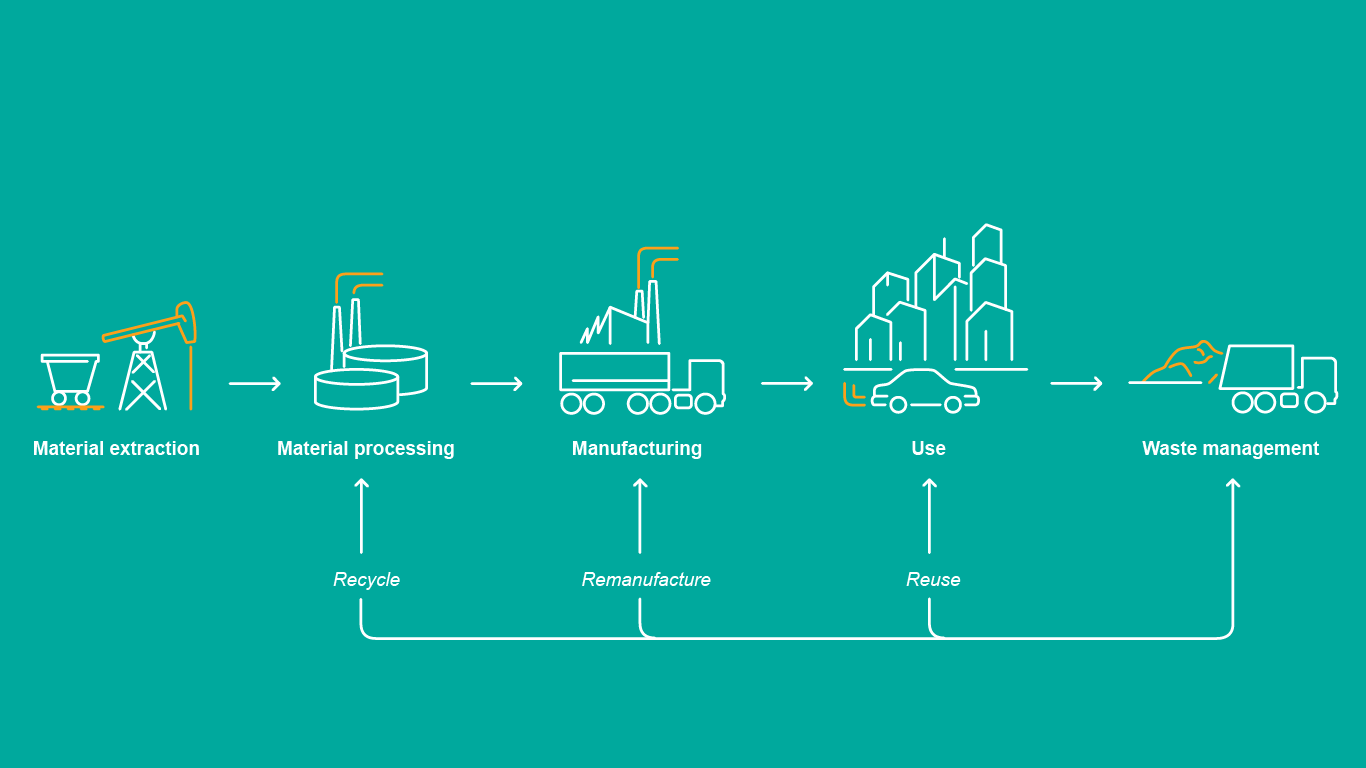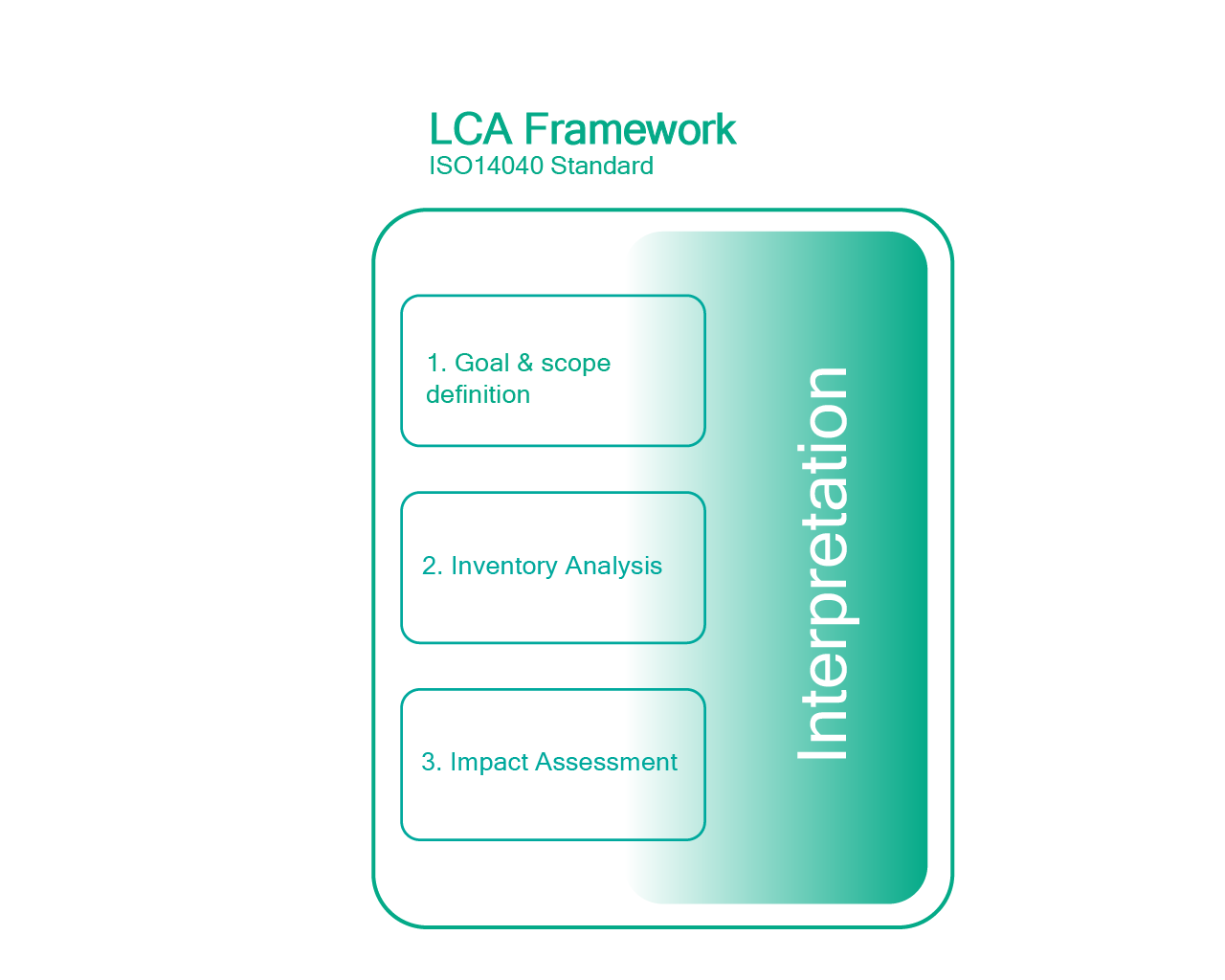
The Road to Sustainability: The Influence of Life Cycle Assessments (LCA’s) in the Manufacturing Industry

In the age of environmental consciousness, the manufacturing industry faces a pressing call to redefine its operational strategies to place sustainability at the heart of production. Life Cycle Assessments (LCAs) are becoming more of a pivotal tool for sustainable transformation, offering a comprehensive approach to understanding and minimizing the environmental impacts of products from cradle to grave. But, why are LCAs crucial for manufacturers? where to begin this process? and how can collaboration with research and educational institutes facilitate this transition?
The Crucial Role of LCA’s in Manufacturing
LCAs can provide insight into operational efficiency and strategic development. Some of its benefits include:
- Holistic Environmental Impact Analysis: LCAs provide a detailed analysis of the environmental impacts of a product within its system boundaries. This can encompass an entire life cycle, from raw material extraction, manufacturing, and use, to disposal or recycling. Performing an LCA enables manufacturers to identify critical areas where they can reduce their environmental footprint.
- Informed Decision Making: By understanding the full environmental consequences of their production processes and product designs, manufacturers can make informed decisions that not only reduce environmental impacts but also drive innovation and improve efficiency.
- Regulatory Compliance and Market Advantage: With global markets increasingly favouring sustainable products, LCAs are not just about compliance with environmental regulations. They offer a competitive edge, enhancing brand reputation and customer trust, and opening doors to new markets.
Starting the LCA Journey: First Steps for Manufacturers
The LCA framework, as defined by ISO 14040, follows three main stages:
- Goal Definition and Scope: Begin by clearly defining the goals of the LCA and its scope. This involves deciding which product or process to analyse, the level of detail required, and the intended use of the study results.
- Data Collection: Gather comprehensive data on every aspect of the product’s life cycle. This includes inputs (like raw materials and energy) and outputs (like emissions and waste) at each stage of the life cycle.
- Impact Assessment: Analyse the data to assess the environmental impacts. This step involves interpreting the data to understand the product’s contribution to issues such as climate change, resource depletion, and pollution.

Why partner with research and educational institutes?
There are multiple reasons why a company would seek the expertise of research and educational institutes:
- Access to Cutting-edge Knowledge and Tools: Research and educational institutions are at the forefront of LCA methodologies and sustainability research. Collaborating with these institutions can provide manufacturers with access to the latest tools, methodologies, and insights into sustainable manufacturing practices.
- Tailored Research Projects and Partnerships: Manufacturers can engage in partnerships with academic institutions to conduct tailored research projects. These collaborations can lead to innovative solutions that are specifically designed to meet the unique challenges and goals of the company.
- Workforce Development: Collaboration with educational institutions can also facilitate the development of a skilled workforce that is proficient in LCA methodologies and sustainability practices, ensuring that the industry has the talent needed to drive future innovations in sustainable manufacturing.
Conclusion
Embracing LCAs is a strategic move towards a sustainable, efficient, and future-ready manufacturing industry. By understanding the environmental impacts of their products and processes, manufacturers can make informed decisions that drive innovation, reduce costs, and enhance their market position. Collaborating with research and educational institutes can further amplify these efforts, providing the expertise, tools, and workforce necessary to make the most of LCAs. The journey towards sustainability is a collaborative, continuous process, and LCAs are a vital part of this journey.
Do you want to know how sustainability can be incorporated into your organisation? Contact us!
